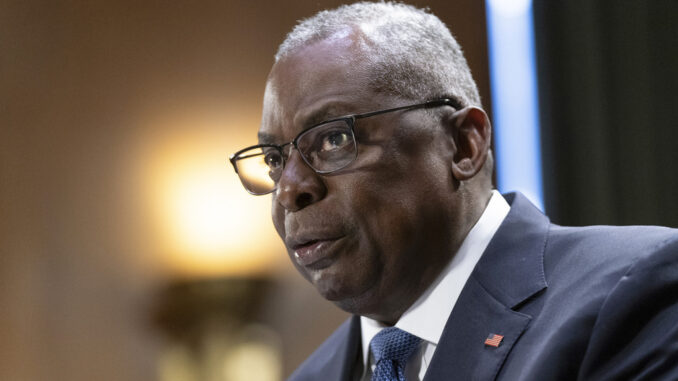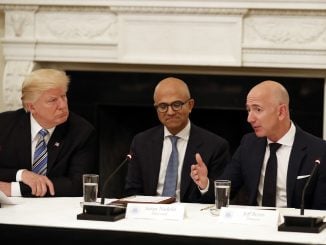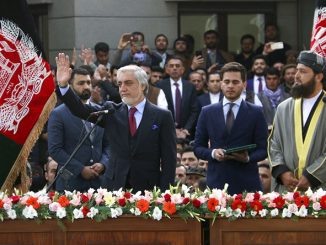
WASHINGTON, D.C. — Senior Biden administration leaders, top Pentagon officials and members of Congress were unaware for days that Defense Secretary Lloyd Austin had been hospitalized, U.S. officials confirmed last Saturday, as questions swirled about his condition and the secrecy surrounding it.
The Pentagon did not inform the White House National Security Council or top adviser Jake Sullivan of Austin’s hospitalization at Walter Reed National Military Medical Center in Bethesda, Maryland, until Thursday, according to two administration officials. The officials were not authorized to speak publicly about the matter and spoke to the AP on condition of anonymity.
The Pentagon’s failure to disclose Austin’s hospitalization for days reflects a stunning lack of transparency about his illness, how serious it was and when he may be released. Such secrecy, at a time when the United States is juggling myriad national security crises, runs counter to normal practice with the president and other senior U.S. officials and Cabinet members.
Still, President Joe Biden spoke with Austin on Saturday, and expressed confidence in him, according to a White House official who was not authorized to speak publicly about internal discussions and spoke on condition of anonymity.
In a statement, Austin took responsibility for the delays in notification.
“I recognize I could have done a better job ensuring the public was appropriately informed. I commit to doing better,” said Austin, acknowledging the concerns about transparency. “But this is important to say: this was my medical procedure, and I take full responsibility for my decisions about disclosure.”
Austin, 70, remained hospitalized due to complications following a minor elective medical procedure, his press secretary said, as it became increasingly clear how closely the Pentagon held information about his stay at Walter Reed. In his statement, Austin said he is on the mend and is looking forward to returning to the Pentagon soon, but he provided no other details about his ailment.
Air Force Maj. Gen. Pat Ryder said the White House and the Joint Chiefs of Staff were notified about Austin’s hospitalization, but he would not confirm when that notice happened.
A number of U.S. officials said Saturday that many of the most senior Pentagon service leaders were unaware until Friday that Austin was in the hospital. The officials spoke on condition of anonymity to discuss private conversations.
Ryder said members of Congress were told late Friday afternoon, and other officials said lawmakers were informed after 5 p.m. It was not clear when key senior members of Austin’s staff were told, but across the Pentagon, many staff found out when the department released a statement about Austin’s hospital stay just minutes after 5 p.m. Many believed Austin was out on vacation for the week.
Deputy Defense Secretary Kathleen Hicks, who took over when Austin was hospitalized, was also away. A U.S. official said she had a communications setup with her in Puerto Rico that allowed her to do the job while Austin, who spent 41 years in the military and retired as a four-star Army general in 2016, was incapacitated.
Sen. Tom Cotton, R-Arkansas, criticized the delayed notice.
“The Secretary of Defense is the key link in the chain of command between the president and the uniformed military, including the nuclear chain of command, when the weightiest of decisions must be made in minutes,” said Cotton in a statement, adding that if Austin didn’t immediately tell the White House, “there must be consequences for this shocking breakdown.”
Austin’s hospitalization comes as Iranian-backed militias have repeatedly launched drones, missiles and rockets at bases where U.S. troops are stationed in Iraq and Syria, leading the Biden administration to strike back on a number of occasions. Those strikes often involve sensitive, top-level discussions and decisions by Austin and other key military leaders.
The U.S. is also the chief organizer behind a new international maritime coalition using ships and other assets to patrol the southern Red Sea to deter persistent attacks on commercial vessels by Houthi militants in Yemen.
In addition, the administration, particularly Austin, has been at the forefront of the effort to supply weapons and training to Ukraine, and he’s also been communicating frequently with the Israelis on their war against Hamas.



